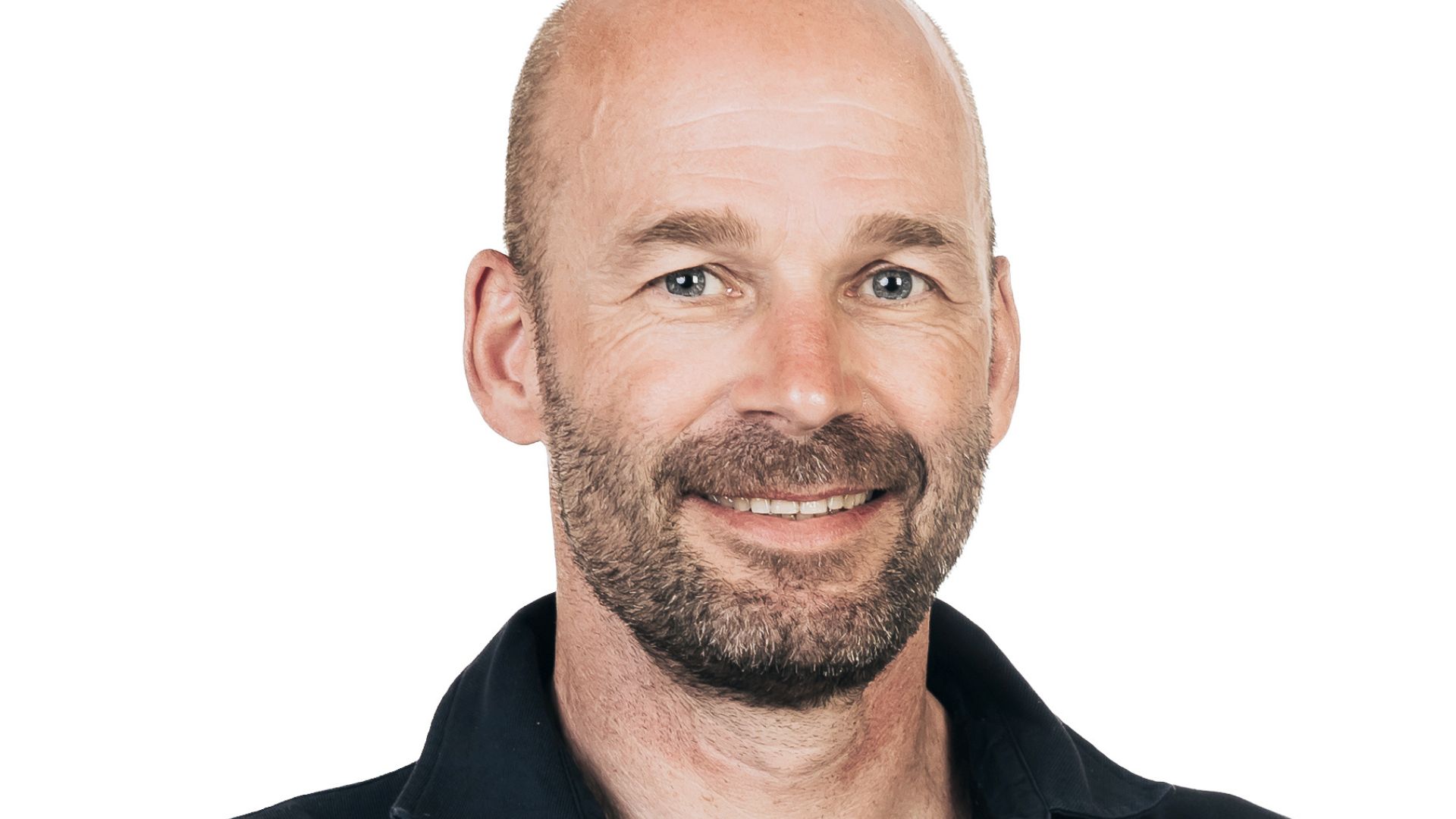You are viewing your 1 free article this month. Login to read more articles.
Springer Nature hails growth in annual progress report after weathering ‘volatile year’
Springer Nature Group’s chief executive Frank Vrancken Peeters has hailed the company’s growth in the company’s second annual progress report, stating that while 2022 was “a volatile year [...] we remain a very robust company with a strong balance sheet,” highlighting strides in the areas of artificial intelligence (AI), sustainability and the workforce.
He said: “Turning the focus to the economy, 2022 was a volatile year, with sharp rises in interest rates around the world, affecting growth. However, the effect on our business was limited, because our industry is, to a large extent, resilient to economic downturns as investment in research and learning continues. Our research business – led by our Nature Portfolio – and our books performed strongly, while our education segment rebounded as schooling returned to normal after the pandemic.
“This enabled us to achieve our revenue goals, increase our profits – enabling significant investments in technology and people – and reduce our leverage. We remain a very robust company with a strong balance sheet.”
Springer Nature’s 2022 revenue according to the report stood at €1.8bn (£1.5bn) up from €1.7bn (£1.4bn) in 2021 and €1.6bn (£1.3bn) in 2020. Underlying growth stood at 5.6% in 2022 compared to 6.5% in 2021 and -3.5% in 2020, with the group’s research revenue jumping from €1.2bn (£1bn) in 2021 to €1.3bn (£1.1bn) in 2022 (demarcated as 4% underlying growth). Education revenue jumped from €184m (£158m) in 2021 to €186m (£160m) in 2022, an underlying growth of 22%, and health revenue increased from €183m (£157m) in 2021 to €186m (£160m) in 2022, growth of 0.3%.
Professional revenue was the only area to see a decline in revenue, from €111m (£96m) in 2021 to €104m (£90m) in 2022. The group’s operating margin went up one percentage point from 26% in 2021 to 27% in 2022, resulting in an adjusted operating profit of €487m (£419m) which “resulted in strong operating cash flow, further enhancing our financial position".
The report stated: “Led by our research and education segments, we had a successful year. We strengthened our market position in key business segments, delivered more value to our customers and fully met our operational and financial goals.” It did note, however, that “this strong revenue growth and cost management measures were partially offset by an increase in costs due to inflation and supply shortages, especially of paper”.
Vrancken Peeters highlighted in particular as an area of success Springer Nature’s content related to the sustainability goals, which “grew strongly”, and said the company had taken strides to support its people: in 2022, as the cost of living increased, the organisation made additional payments to more than 6,000 employees below an income cap in countries with high inflation.
He said the organisation also increased its spending on training and development, including on diversity, equity and inclusion, which “remains a high priority for us". The company onboarded around 2,000 new hires last year, and dedicated more than 60,000 hours to training and development. He continued: “We’re working hard to improve gender, race and geographic representation, so that our leadership represents our status as a global business.”
On the ways Springer Nature is using AI, Vrancken Peeters said in the report that it was “already using artificial intelligence as a tool to help us protect the integrity of science". “We’re deploying AI in other ways too,” he continued, “from translation and editing solutions, for those for whom English is not their first language, to helping researchers to find information more quickly and editors to find the most suitable peer reviewers".
Moreover, he said the organisation also sees “significant potential” in using AI to help make research more understandable to the general public. “However, we recognise the need for safeguards, and drawing on expertise throughout the company our AI Safety and Ethics Board has developed a set of principles to guide our activity. And we are clear that decisions about the final article still rests with our human editors. The same broader point is true for science itself – one of the most important aspects of scientific discovery is serendipity, and for that you need people,” he said.
Also noted were the challenges posed by Russia’s invasion of Ukraine, “strongly condemned” by Springer Nature. Vrancken Peeters stated that “research can only truly thrive in a stable global environment where countries trust each other,” but said “despite these challenges, we remain positive about the future, and undimmed in our commitment to breaking down barriers to knowledge.
“In 2023, we’ve continued to invest in our publication systems for authors, our editorial outreach programmes, and the development of our colleagues, to ensure the latest discoveries are shared and used for the good of all people, and the planet.” On Open Access, the report stated: "We’re committed to making publication more equitable for researchers in lower-income countries and in disciplines that are hard to finance." In 2022, Springer Nature’s fully OA journals waived the fees of almost €20m to authors in financial need, according to the report.















